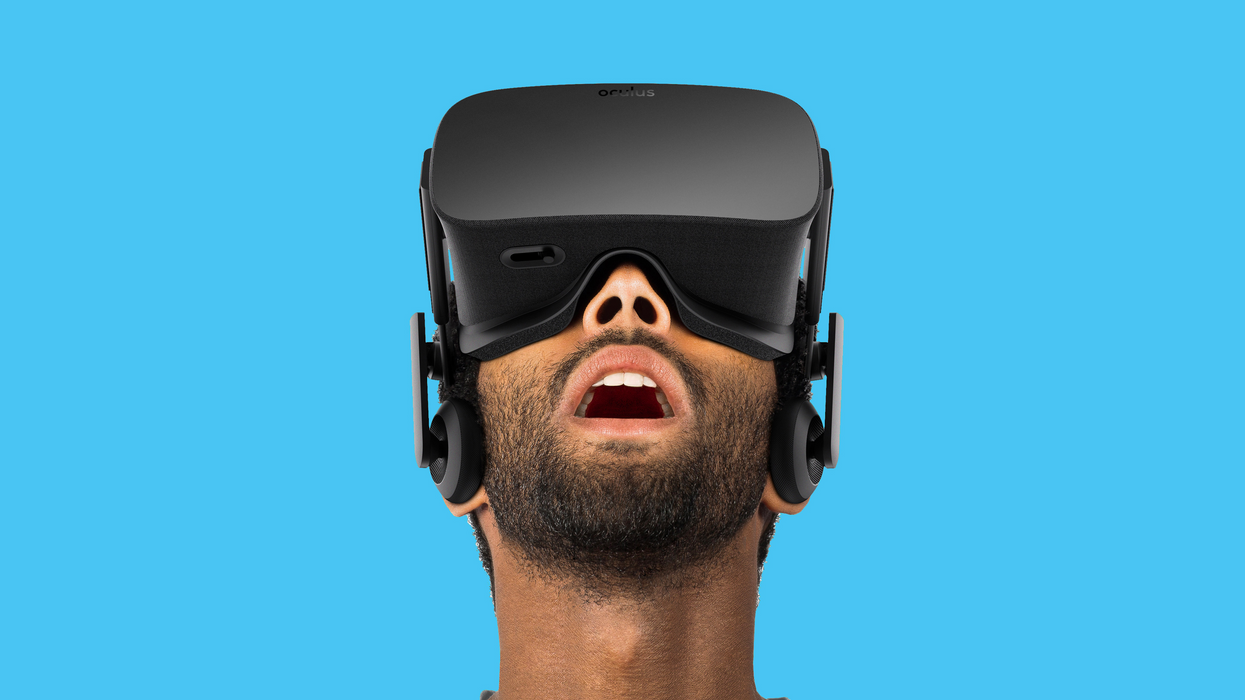Jaunt, Oculus, Baobab: VR is in the Trough of Disillusionment
Curiosity. Excitement. Disappointment. Disillusionment. If you’ve gone through this cycle of opinions, it may have left you wondering: is VR dead?

According to industry experts, VR is in a technology hype cycle and, according to historical analysis of previous tech, right on track for mainstream adoption. At a SXSW panel titled How Does VR Become a Truly Mainstream Technology, four people at the forefront of VR development, Maureen Fan (Baobab Studios), Miles Perkins (Jaunt VR), Yelena Rachitsky (Oculus), and Daniel Terdiman (Fast Company) sat down to weigh in on the state of VR.
The overwhelming opinion was that if you follow the Garnter Firm's analysis of the Hype Cycle, VR is following a similarly predictable cycle. According to Gartner, the American research, advisory, and information technology firm came up with the cycle based off of an analysis of major historical adoption patterns that discern hype from what's commercially viable. Here is their definition of the third phase of a technology's life cycle, the Trough of Disillusionment:
When new technologies make bold promises, how do you discern the hype from what's commercially viable? And when will such claims pay off, if at all? Gartner Hype Cycles provide a graphic representation of the maturity and adoption of technologies and applications, and how they are potentially relevant to solving real business problems and exploiting new opportunities. Gartner Hype Cycle methodology gives you a view of how a technology or application will evolve over time, providing a sound source of insight to manage its deployment within the context of your specific business goals.
Here's a visual that illustrates exactly where the Trough is in the cycle.

Why VR is in a Hype Cycle and what it means
The panelists were definitely in agreement that VR is in a lull, attributable to a hype and backlash cycle. “Expectations were unrealistic. People didn’t know what they were even expecting,” said Rachitsky. This translates to difficulties for everyone trying to raise money for VR, but for those who are more familiar with the adoption of technologies, it doesn't mean all bets are off.
“When we were fundraising, good VCs have seen this tech cycle,” said Fan. “The question wasn’t, will become a thing? It’s when? (And will I be dead then?) With this in mind, we need to be practical about lasting as long as possible. I think we’re in the trough. So we might come out in a year or two, or if I were more conservative, I might say three or four years.”
Why now is still the best time to get in
"Now is the most exciting time," said Rachitsky. "Now people are finally starting to understand what they are doing. Before, gimmicks were having a dinosaur or being up high. Now there is a sophistication of way people approach projects...We’re just starting to get to that point." As Fan concluded, "I'd rather be too early than too late."
"I'd rather be too early than too late."
Tips on being discovered in these early days
Seeing as the panelists all agreed that there is a much wider adoption of VR to come (and that now is the best time to start creating VR content), they gave their tips on how you might be competitive in the market.
One of the most important issues of independent VR is the anxiety of choice people are faced with in choosing VR to download, as a result of VR still being so new, and audiences not exactly understanding the world. If you can't get your hands on some legacy IP (i.e. a VR component to a film or project that already has an audience) or get some well-known person attached to you VR project, there are other, more simple ways to stand out.
"Simple things like, make your cover art stand out and look good. People underestimate the value of that," said Rachitsky. "Make your title obvious so you stand out from the pack. A lot of people put all the effort into experience, and not in putting it out there. Who is your project for? Everyone means no one. Make your plan of discoverability more specific than broad. More dedicated fans will come to you via word-of-mouth. Pay as much ad dollars as you want, but if a friend tells you its cool, FOMO says you will try it."











